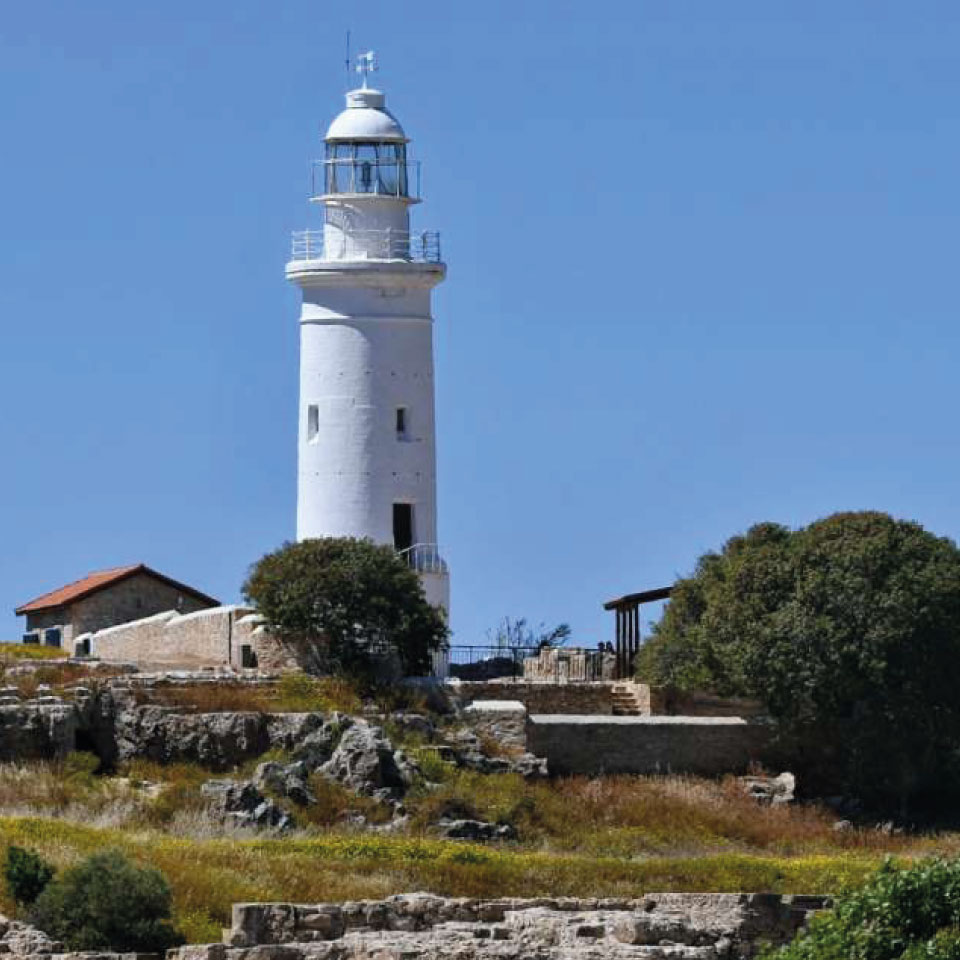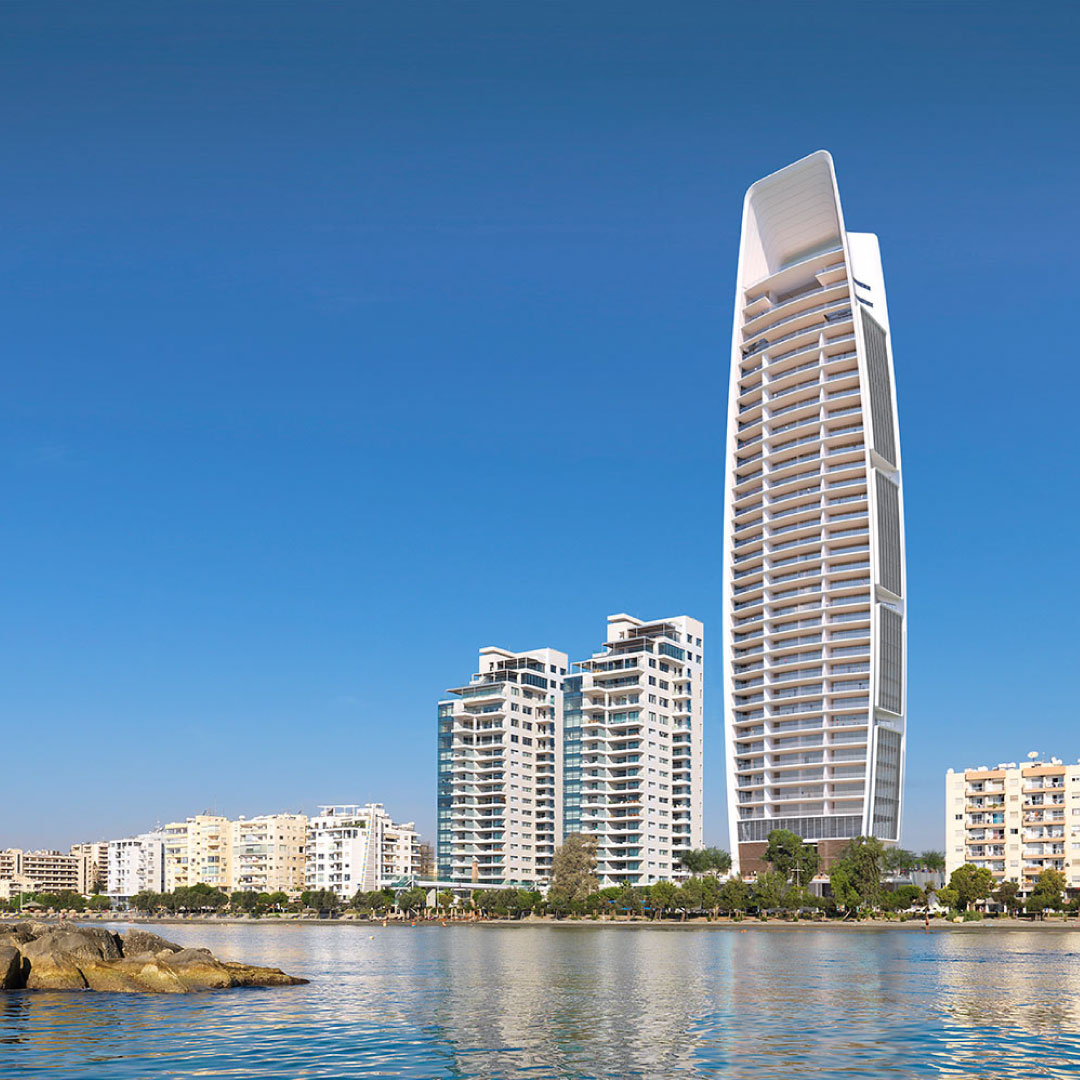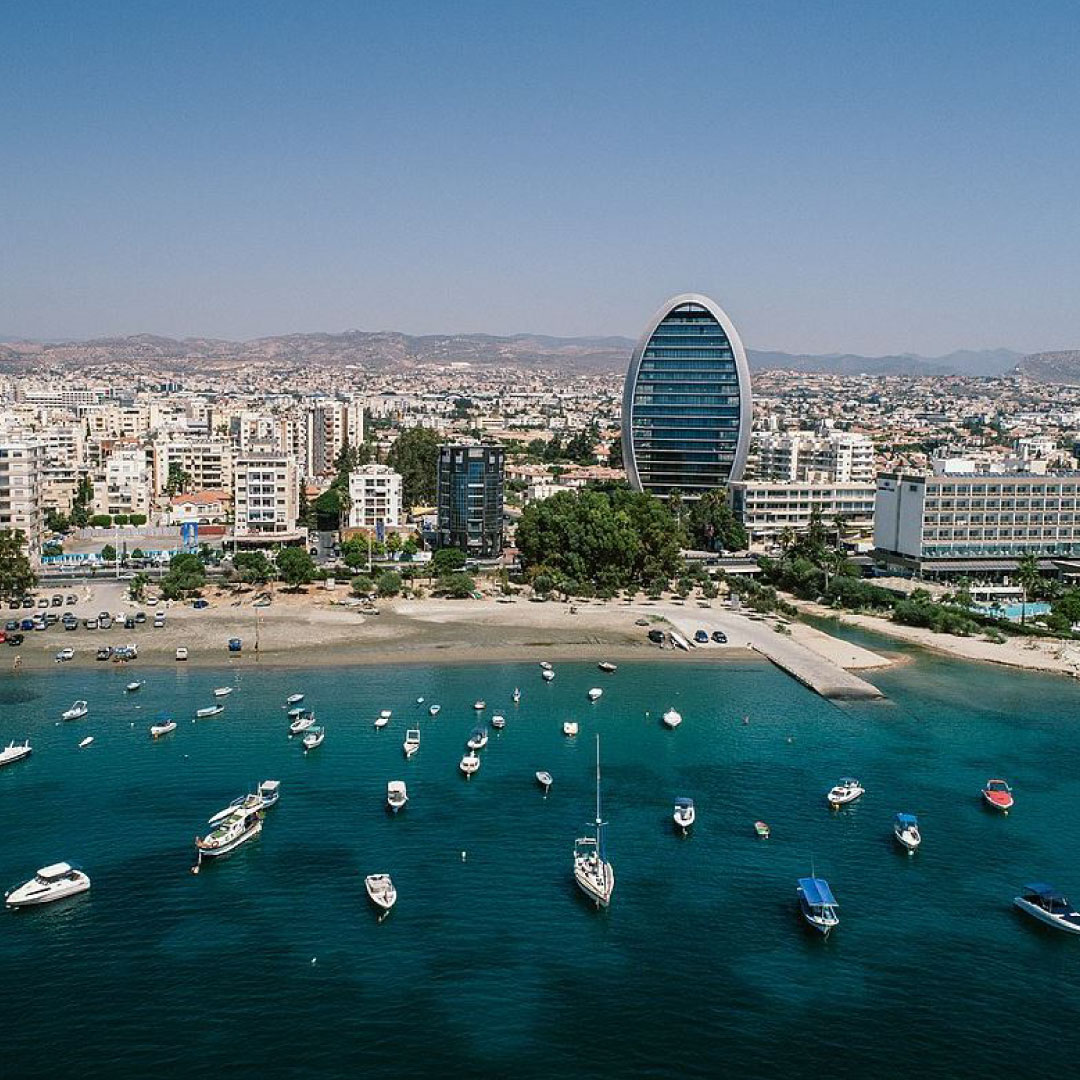Cyprus: Where Business Meets Opportunity

Cyprus: Your Gateway to Global Success
Why Choose Cyprus for Your Business


The Advantages of Cyprus

Cyprus, located in the eastern Mediterranean, leverages its strategic position between emerging markets and established economies. Over the past thirty years, it has become a hub for businesses and investments thanks to progressive laws, moderate taxation, and significant investment in education. It is also a top tourist destination and a sought-after residence for many affluent foreigners.
Cyprus is a relatively small country that punches well above its weight. Situated in the far-eastern Mediterranean, Cyprus takes full advantage of its strategic location between the emerging Far-Eastern and African markets and the mature Western European economies.
Over the past three decades, Cyprus has rapidly grown into a prominent hub for trading businesses, holding and investment companies, shipping companies, tourism companies, information technology and fintech companies, and a multitude of other enterprises. Cyprus serves as a perfect gateway for investment both into the European single market and outwards. It is also a top tourism destination and has become a preferred place of residence for many affluent foreigners.
Cyprus clearly has the right recipe for doing business and attracting investment. Its success can be attributed to progressive laws, mild taxation, reasonable regulation, significant investment in education, and a capable network of financial and professional service providers. Additionally, the country’s legal system, based on English Common Law, and its membership in the European Union and Eurozone, provide further advantages for international businesses.
Strategic Partnerships for Sustainable Growth
Your Global Hub for Success!
Cyprus: Your Trusted Legal and Professional Partner
Robust Legal Framework and Professional Services
As a former British territory, Cyprus’ legal system is based on English Common Law, making it familiar to international investors. Before joining the EU in 2004, Cyprus aligned its legislation with EU norms, ensuring fair and transparent business practices. The Cyprus Companies Law is largely based on the UK Companies Law, further enhancing its appeal.
Cyprus boasts an excellent education system, with many Cypriots studying in British and American universities. This has resulted in a pool of well-educated, multilingual professionals in finance, accounting, law, IT, and public administration. Major global accounting and consulting firms have a strong presence in Cyprus, and legal services are well-represented by both domestic and international firms.
Incorporating a private company in Cyprus is straightforward, typically taking up to two weeks. The process is even quicker when purchasing a shelf company. With one of the lowest corporate tax rates in Europe, an extensive double-tax-avoidance treaty network, and numerous special taxation incentives, Cyprus is an attractive choice for international business.
Additionally, Cyprus’ strategic location in the eastern Mediterranean, coupled with its EU and Eurozone membership, provides businesses with access to a vast market and numerous trade agreements. The country’s robust infrastructure, including international airports and major seaports, further enhances its appeal as a business hub.
Cyprus: Your Gateway to Global Markets
Strategic Market Access
As a full member of the European Union, Cyprus benefits from the “four freedoms” of the European Single Market: the free movement of goods, people, services, and capital. It also enjoys the advantages of the EU Parent/Subsidiary Directive, Mergers Directive, and numerous EU trade agreements.
Cyprus is part of the Eurozone, having adopted the Euro in 2007. This means there are no exchange controls and no restrictions on the repatriation of profits earned in Cyprus.
In addition to these benefits, Cyprus has signed over 60 double-tax-avoidance treaties with major economic players worldwide, including the UK, US, China, Russia, India, Germany, and France.
Strategically located in the Eastern Mediterranean, Cyprus serves as a significant shipping hub with two deep-sea ports in Larnaca and Limassol. It ranks #11 globally by the tonnage of its registered shipping fleet and operates two international airports in Larnaca and Paphos.
Cyprus: Your Tax-Friendly Business Haven
Tax Benefits and Incentives
Cyprus supports local entrepreneurs and attracts foreign businesses through a combination of low taxes, generous exemptions, attractive incentives, and reasonable regulation. The most notable benefit is the uniform 12.5% corporate income tax rate, one of the lowest in the EU. Additionally, Cyprus offers numerous exemptions and incentives, including:
- No withholding tax on dividends, interest, and royalties paid to non-residents.
- Exemption from tax on profits from the sale of securities.
- Attractive IP regime with an 80% exemption on qualifying profits from intellectual property.
- Notional Interest Deduction (NID) on new equity, reducing the taxable base of companies.
- Extensive double-tax-avoidance treaty network with over 60 countries, ensuring that income is not taxed twice..
Cyprus: A Thriving Hub for Economy and Trade
Dynamic Economy and Trade Opportunities
Cyprus boasts a diversified, modern high-income economy, dominated by services and light industry. The services sector is strongly represented by tourism, financial services, fintech, information technology, shipping, and logistics. Business services, including firms like ours, remain the fastest-growing sector of the Cypriot economy.
From being among the poorest countries in southern Europe a few decades ago, Cyprus has more than doubled its GDP per capita within 15 years, reaching income levels comparable to Italy and Spain. Despite the financial crisis of 2008 and the European debt crisis of 2012, Cyprus has recovered more quickly than expected.
International trade is vital to the Cypriot economy. Although significant oil and gas discoveries have been made in its territorial waters, Cyprus lacks other significant natural resources and must import much of its food, raw materials, fuels, equipment, and machinery. Over half of its trade is with the European Union, particularly Greece and the United Kingdom, with the Middle East also being a significant trading partner.
Complementing the vibrant business scene, Cyprus hosts a strong financial services sector, including numerous credit institutions, investment funds, asset managers, and niche financial service providers. Cyprus is home to many of the biggest brands in retail forex.
Experience the Best of Mediterranean Living
Cyprus: Living the Good Life
A Great Place to Live
Cyprus consistently ranks high in quality of life and human development indices by global organizations like the UNDP, Eurostat, and OECD. The average lifespan is 78 years for men and 81 for women, supported by a modern and accessible healthcare system. With a population of about 1 million and no large polluting industries, Cyprus offers a clean environment.
The island enjoys over 320 sunny days per year, a varied landscape with mountains and blue flag beaches, and a rich historical heritage spanning over ten thousand years. Cyprus also boasts one of the lowest crime rates globally and a friendly, multicultural society. English is widely spoken, and the education system is among the best in Europe.
Living and business costs are moderate, attracting many foreigners to establish their primary or secondary residence in Cyprus, now making up about a fifth of the population.
Top Reasons to Choose Cyprus:
- High Quality of Life: Enjoy excellent healthcare, a long lifespan, and a clean environment.
- Sunny Climate: Benefit from over 320 sunny days per year and diverse landscapes, including mountains and blue flag beaches.
- Rich Historical Heritage: Explore one of the most historic places in the world, with a legacy spanning over ten thousand years.
- Safe and Friendly Society: Live in a country with one of the lowest crime rates globally and a welcoming, multicultural community.
- Affordable Living and Business Costs: Take advantage of moderate living and business expenses, attracting many foreigners to establish their residence in Cyprus.
Why Choose Cyprus for Your Business and Life

Top 5 Reasons
Cyprus offers a unique blend of strategic advantages, making it an ideal destination for both business and living.
Strategic Market Access
Benefit from Cyprus’ strategic location in the eastern Mediterranean, providing easy access to Europe, Asia, and Africa.
Robust Legal Framework
Attractive Tax Benefits
Take advantage of one of the lowest corporate tax rates in the EU, along with numerous exemptions and incentives.
Dynamic Economy and Trade Opportunities
Engage in a diversified, modern economy with strong sectors in tourism, financial services, fintech, and shipping.
High Quality of Life
Experience a high standard of living with excellent healthcare, a sunny climate, rich history, and a safe, multicultural society.
Top 5 Reasons
Cyprus offers a unique blend of strategic advantages, making it an ideal destination for both business and living.
Strategic Market Access
Benefit from Cyprus’ strategic location in the eastern Mediterranean, providing easy access to Europe, Asia, and Africa.
Robust Legal Framework
Attractive Tax Benefits
Take advantage of one of the lowest corporate tax rates in the EU, along with numerous exemptions and incentives.
Dynamic Economy and Trade Opportunities
Engage in a diversified, modern economy with strong sectors in tourism, financial services, fintech, and shipping.
High Quality of Life
Experience a high standard of living with excellent healthcare, a sunny climate, rich history, and a safe, multicultural society.
CAREERS
What is it like to work in a team that makes a difference?
It is a team led by independent thinkers, so if you are a professional who thinks the same way, send some news about yourself and your experience you could be part of the next project.









